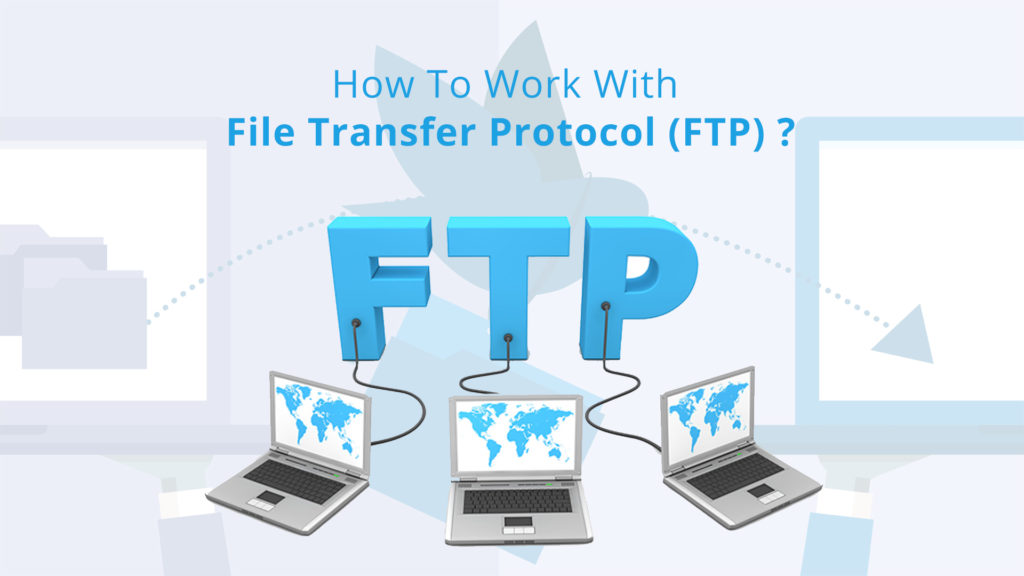WordPress is one of the most popular and widely used content management systems (CMS) available today. It is a simple, easy-to-use platform that can be used to create beautiful websites with minimal effort. However, WordPress also has some drawbacks that should be considered when deciding if it’s the right CMS for you.
What is WordPress and Why Is It Popular?
WordPress is an open-source content management system (CMS) written in PHP and MySQL. It’s popular for creating websites, blogs, and web applications. Some of the reasons it’s so popular include its ease of use, high customization options, massive selection of plugins and themes, and low cost.
However, there are some significant downsides to using WordPress that you should consider before deciding to go with it as your CMS of choice.
The Downsides of Using WordPress
You might want to consider the following when using WordPress:
- Security Risks: WordPress sites have been targeted by hackers in the past due to vulnerabilities in the core codebase or outdated plugins and themes – putting visitor data at risk. Even if you update all your software regularly, you may still be vulnerable to attack.
- Limited Scalability: WordPress sites aren’t designed to scale up, so if you start receiving lots of traffic, you may need to switch to a more robust platform.
- Poor Performance: WordPress often struggles with performance issues due to its reliance on PHP and MySQL databases – resulting in slow page load times and decreased visitor engagement.
- Difficult Updates: Updating your WordPress site can be a hassle due to a large number of different plugins and themes that have to be updated regularly for security reasons – making it time-consuming and tedious.
- Restrictive Flexibility: While WordPress is incredibly flexible, there are limits as to what you can do with it – meaning you may need to look for other solutions if your project requires more complex functionality.
- No Mobile-friendliness: While WordPress sites can be made responsive, they don’t come mobile-friendly out of the box – meaning you may have to invest in a separate design process or switch to another platform altogether.
- Lack of Support: When things go wrong with WordPress, it can be difficult to find good support as there is no official customer service channel from WordPress itself – making it harder and more expensive to fix issues.
The Reasons You Should Look For Alternatives To WordPress
Here are some reasons you should look into some WordPress alternatives.
- Increased Security: By switching away from WordPress, you could potentially enjoy better security options that are tailored specifically to your needs.
- More Scalability: Some platforms are designed to scale more easily than WordPress, allowing you to grow your website or web application without worrying about performance issues or crashes.
- Better Performance: Alternatives such as Ruby on Rails and Node.js can offer much better performance than WordPress, with faster page load times and increased visitor engagement.
- Easier Updates: With some platforms, updating your site is much easier as there aren’t as many plugins and themes that need to be updated regularly – making it quicker and cheaper.
- Increased Flexibility: Moving away from WordPress could give you access to more complex features and functionality, allowing you to do more with your project.
- Mobile-friendliness: Many alternatives come with mobile-friendly designs out of the box, meaning you can launch a website that’s optimized for all devices.
- Improved Support: Alternatives to WordPress often offer more reliable customer service channels, so if something goes wrong you can be sure of getting it fixed quickly and efficiently.
There are some definite downsides to using WordPress as your CMS – from security risks to poor performance and lack of support.
However, by looking at the alternative options available, you could potentially enjoy increased security, scalability, and flexibility – as well as better performance and improved customer service. Ultimately, the decision is yours!

